12 Surprising Reasons for High Cholesterol
Written by TYE Medical on Apr 14th 2025
Struggling to lower your cholesterol? High cholesterol remains one of the most common conditions among middle-aged and older adults. In the United States about 2 out of 5 adults have high cholesterol. If you count yourself among these millions, no doubt your doctor has urged you to follow specific lifestyle habits that involve optimal exercise and a healthy, nutrient-rich diet. Adhering to this approach can knock your LDL cholesterol down to a healthier level. Making key lifestyle changes can also drop your triglycerides, a type of fat that collects in your blood, and raise your healthy HDL cholesterol. Here are the critical lifestyle factors that can positively impact your cholesterol:
- Diet
- Exercise
- Maintaining a healthy weight
- Not Smoking
But following doctors orders and making these lifestyle changes might not be enough to manage your high cholesterol. You might even find that there are other factors covertly sabotaging your efforts to improve cholesterol levels. Here are 12 surprising reasons for high cholesterol, even if you’re working to bring it down.
1. You’re Battling Genetics

If you’re maintaining a relatively healthy lifestyle, and your cholesterol levels are still too high, it’s possible that some genetic component is the roadblock. Sometimes high cholesterol is an inherited condition that lifestyle changes can’t completely reverse, although following these healthy guidelines can slow progression and help with management.
If genetics underpins your elevated cholesterol, you will need to rely on prescription medication such as a statin to maintain healthy cholesterol levels. Statin medications block your body’s cholesterol production. Stains help keep your LDL levels lower, reducing your risk of stroke and death from heart disease and heart attack. In fact, when genetics drives high cholesterol, statins can decrease your risk of dying from heart disease by 76%.
2. You’re on a Fad Diet
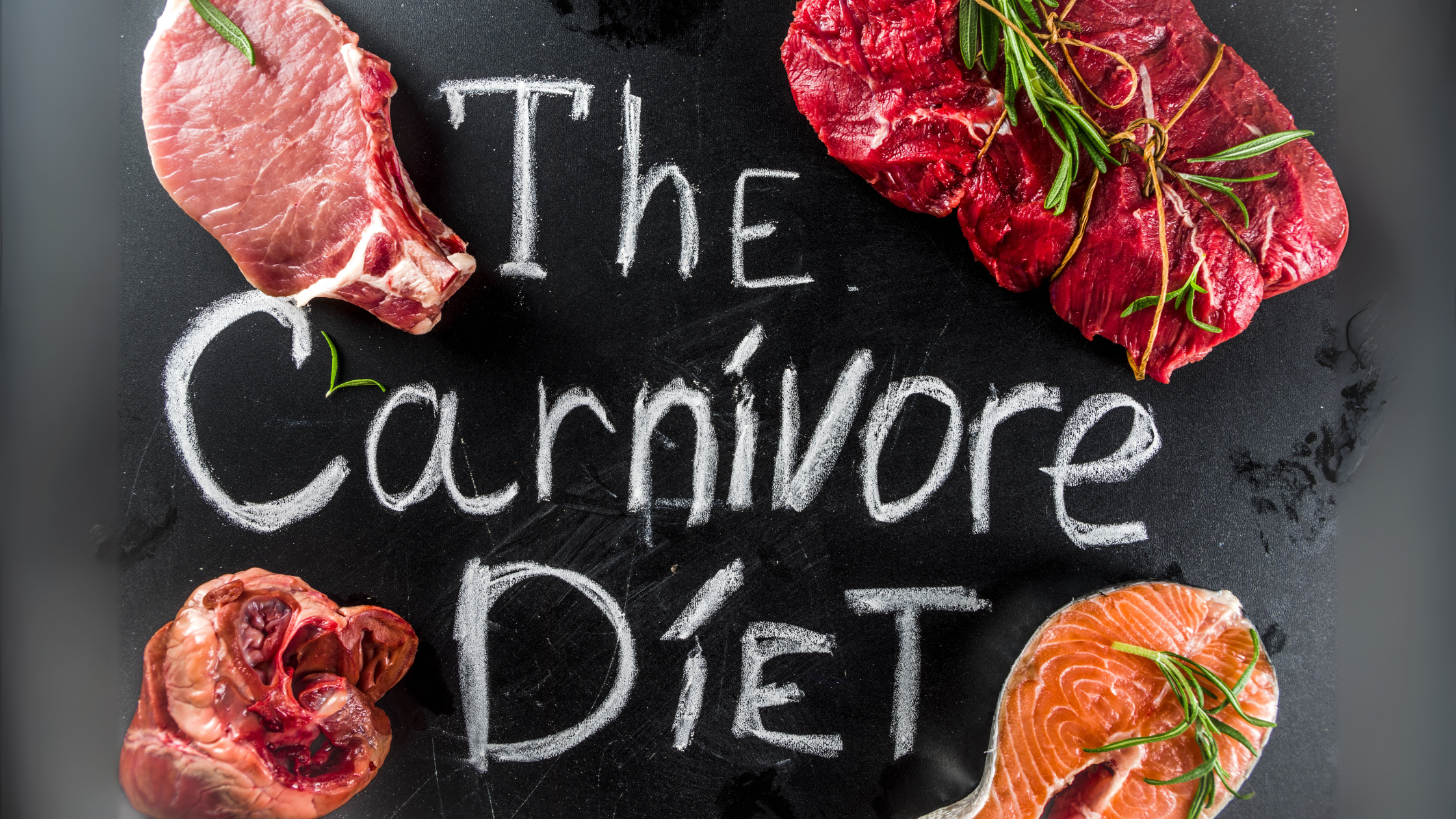
Low-carb, high protein diets like the keto diet are extremely trendy, and people see weight loss results. If you follow one of these diets, you might not realize that even if you’re dropping pounds on the outside, you’re building cholesterol on the inside. High protein diets are often high in fat, specifically saturated fat, which is a major contributor to rising cholesterol. Low-carb diets often highlight meat and dairy to build protein and maintain satiety.
However, experts agree that a plant-based or vegan diet which naturally decreases consumption of saturated fats and dietary cholesterol are the most effective diets for lowering cholesterol. You can lower your bad cholesterol by 20% if you follow a vegan or vegetarian diet, according to the European Heart Journal. If you don’t want to go completely meatless, include some lean protein like fish, turkey, and chicken.
3. You’re Eating Hidden Fats

If you’re only looking at labels to scan for dietary cholesterol content, then you’re missing a major link. Saturated and trans fats also play a critical role in cholesterol levels, both increasing LDL. Some experts argue that saturated fats negatively impact cholesterol more than the dietary cholesterol printed on the nutrition label. You can avoid or limit these fats by including less red meat and processed meat, butter, and full-fat dairy.
Cutting fat can make you feel less full and satisfied, but you can compensate by eating more food with “good” fats like nuts, seeds, fish, and vegetable oils (olive, avocado, canola).
4. You’re Relying Only on Diet to Lower Cholesterol
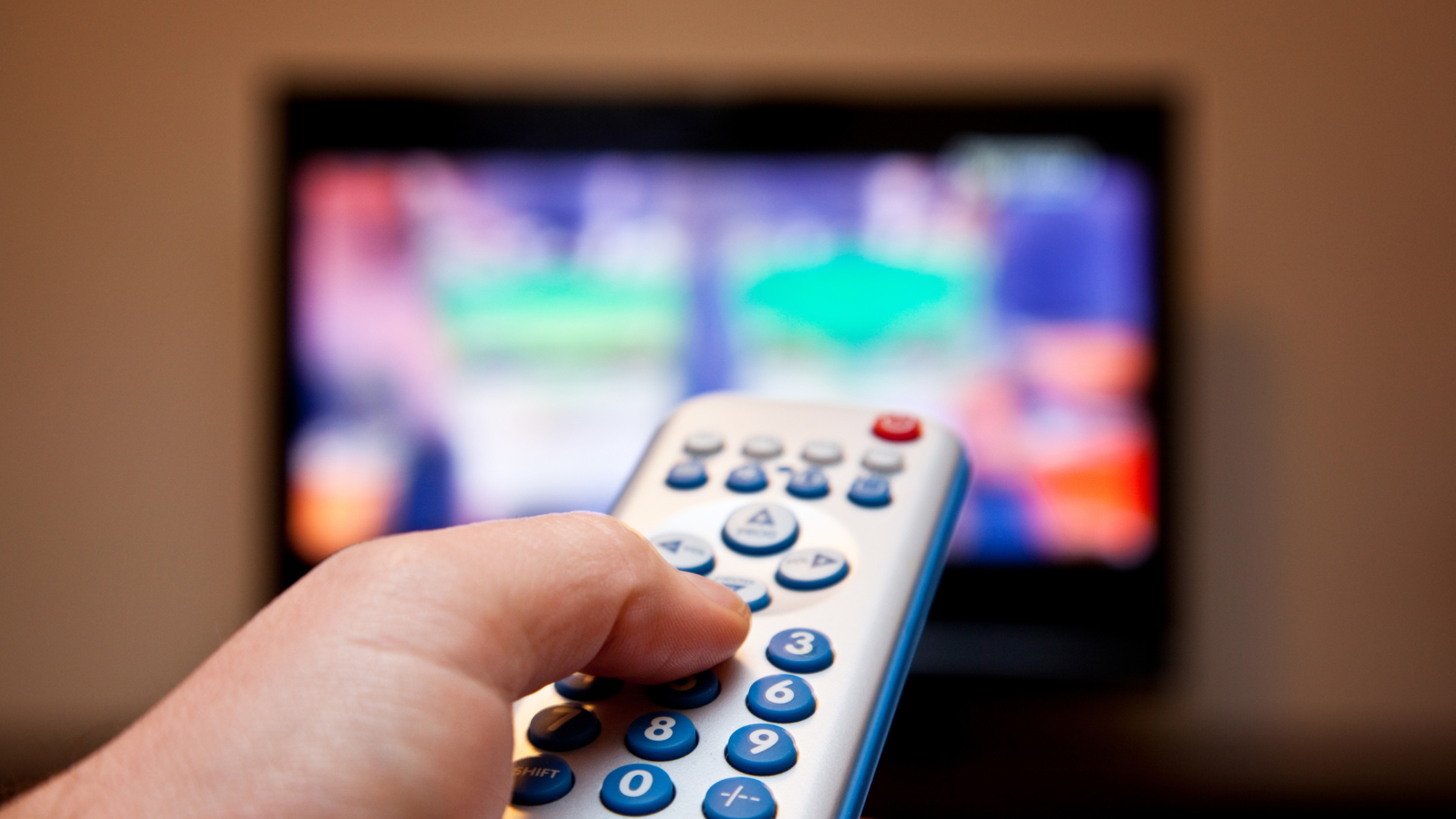
Dietary changes alone are expected to lower your cholesterol 5 to 10 percent, although this varies. This might not be enough to drop your cholesterol to a healthy level, especially if you’re less than perfect at sticking to a more restricted diet.
This means that you’ll need to incorporate regular exercise and possibly medication into your daily routine. If dietary changes aren’t getting the results you need, try adopting an exercise routine to see if that helps you to effectively manage your cholesterol. It might be that diet and exercise combined aren’t producing adequate results, which means your doctor might prescribe medication as the final piece of the puzzle. But even if you’re on medication, it’s critical that you continue eating healthy and exercising regularly to avoid needing high doses of medication or even multiple medications.
5. You’re Not Cooking at Home Enough

When it comes to eating out, you never know what you’re getting. You’re not in control of the quality of the ingredients or how they’re prepared. Even if you order healthier menu selections, you could be eating more fat or cholesterol than you realize. Often restaurants prepare food with a focus on taste with little regard for the health impacts. Eating out regularly can drive your cholesterol surprisingly high, even if you're eating a generally low fat diet.
Portion size is also a factor at restaurants as they tend to provide larger amounts of food, which makes self-control more challenging. You’re more likely to overeat and consume even more saturated fat and cholesterol than you would with a home-cooked meal. If you want to drop your cholesterol levels, limit eating out and spend more time cooking at home.
6. You’re Not Choosing the Right Kind of Exercise
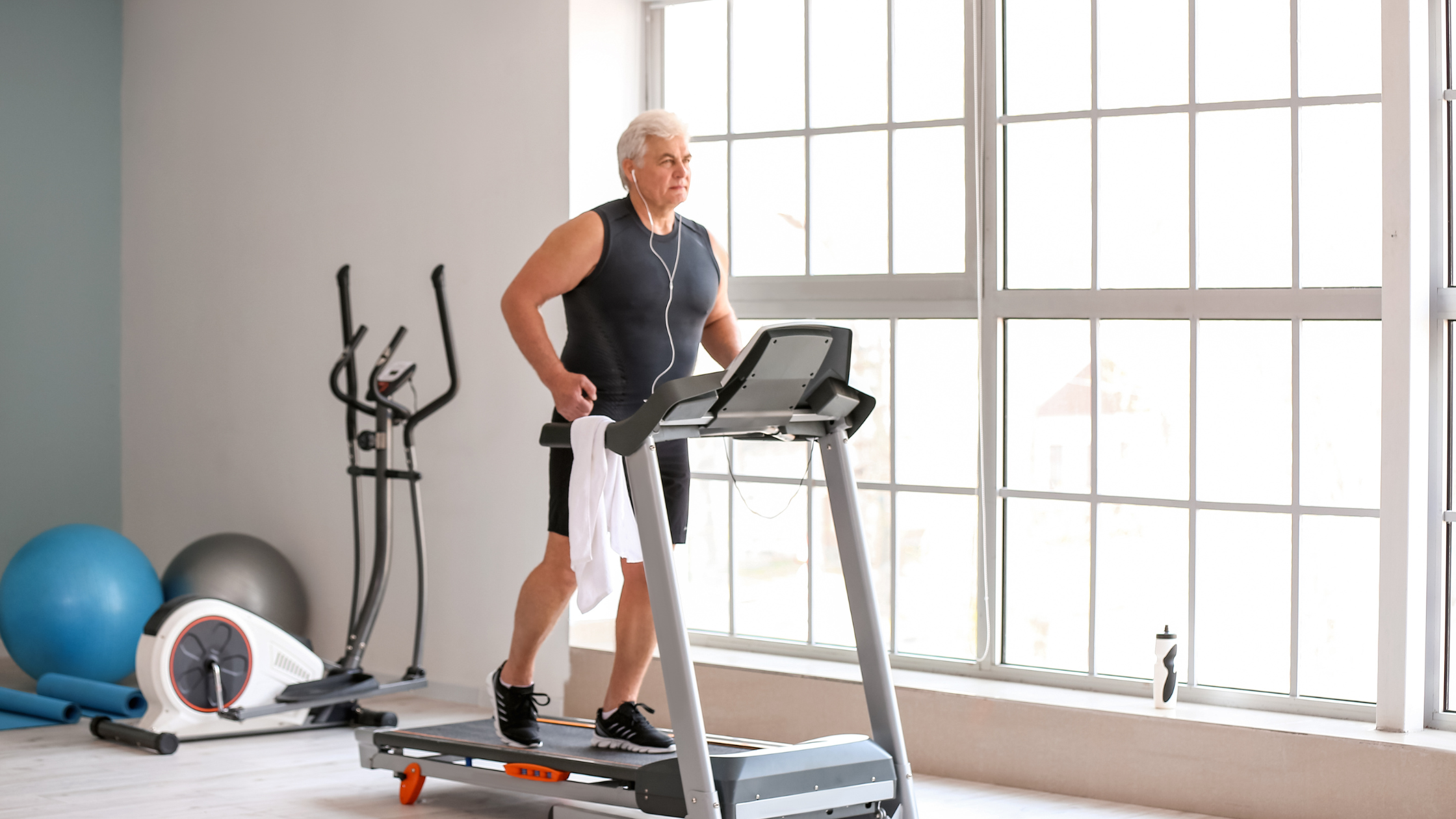
Any kind of regular movement is a good thing, but if you want to see those cholesterol numbers fall, you need to choose the right type of exercise. Research supports cardiovascular or aerobic exercise as the best option for lowering LDL cholesterol and raising HDL. This type of physical activity works your heart consistently and helps your body burn more saturated fat instead of turning it into cholesterol.
If you want to establish a cardio workout routine, try activities like walking, biking, dancing, and swimming at a moderate pace. High-intensity interval training is also an option.
7. Your Medication Is Raising Your Cholesterol
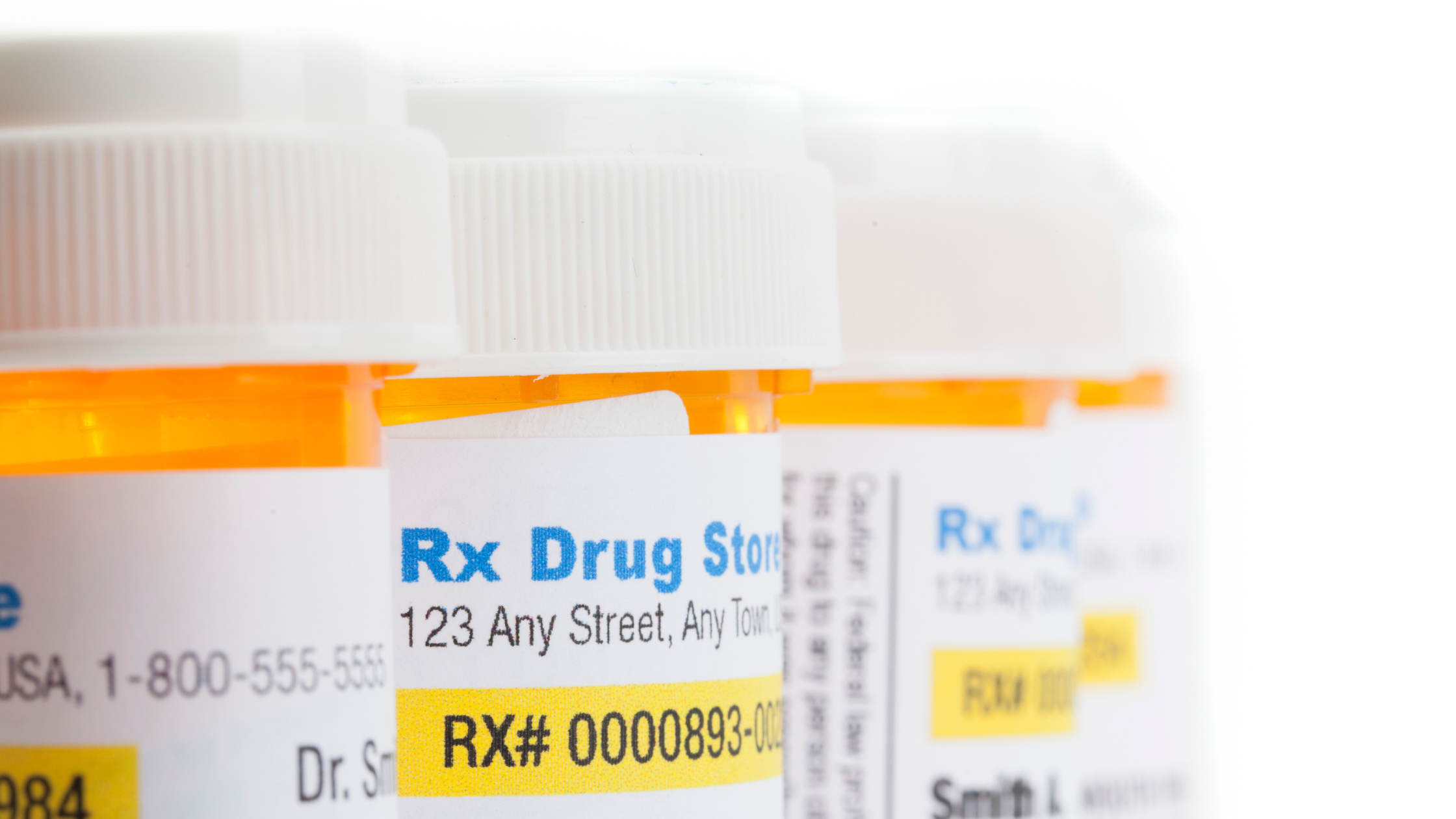
You may be surprised that it’s another medication that is pushing your cholesterol numbers higher. Some drugs have side effects that can negatively impact cholesterol levels. Examples include retinoids, steroids, and progestin. Be sure that the doctor monitoring your cholesterol is aware of all the medications you are taking. If you’re taking an offending medication, your doctor might suggest an alternative that won’t have undesirable effects on your cholesterol.
8. You’re Consuming Too Much Alcohol
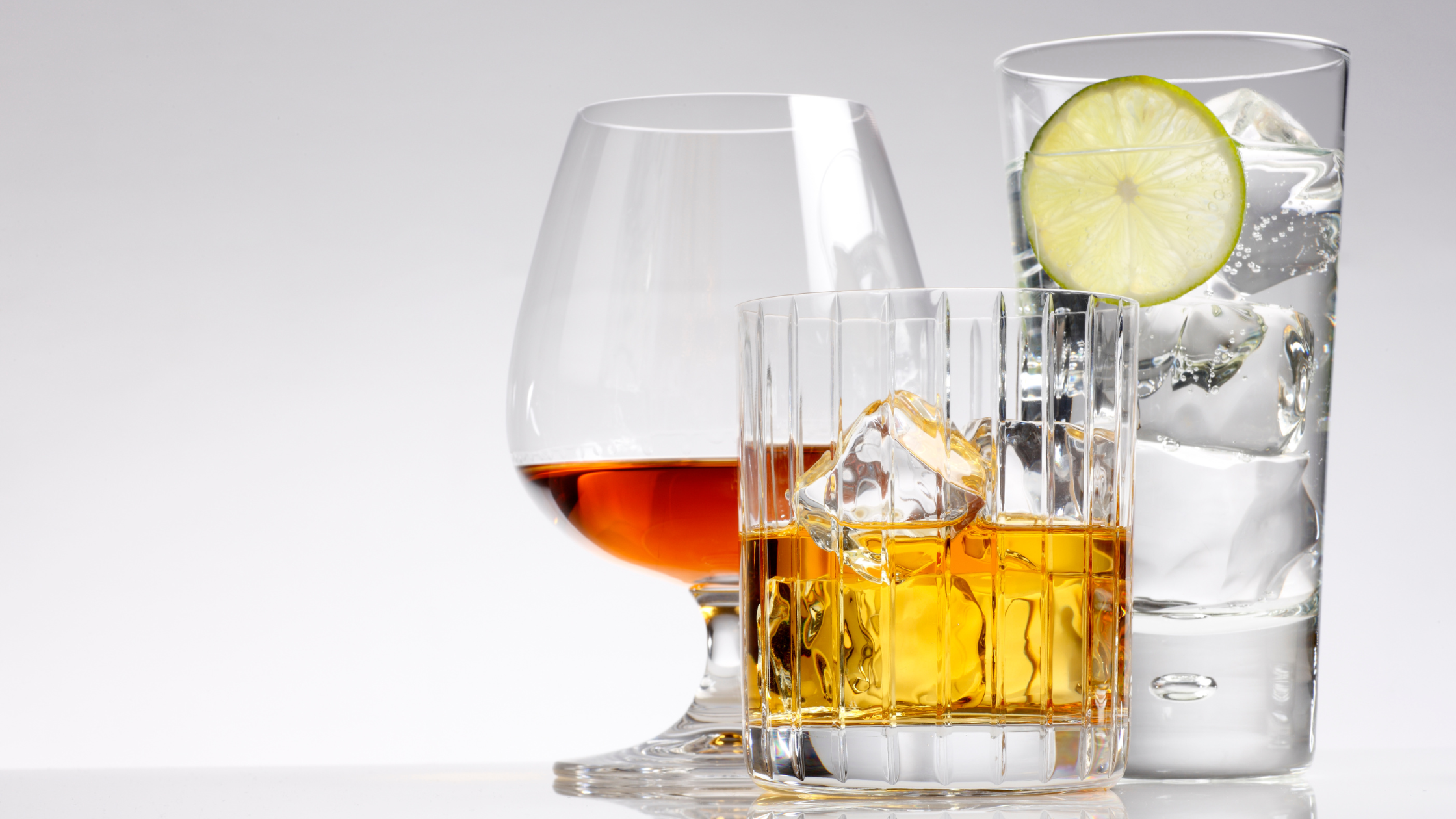
Alcohol has a number of negative effects on the body, one of them being the raising of triglycerides and cholesterol. You can also gain weight when you over consume. It’s best to avoid or limit alcohol to no more than two drinks per day for men and one drink for women. Alcohol is processed in the liver where it is broken down into triglycerides and cholesterol, which is exactly what you don’t want when you’re trying to better manage your health as you age.
9. You’re Not Taking Cholesterol Medications as Prescribed
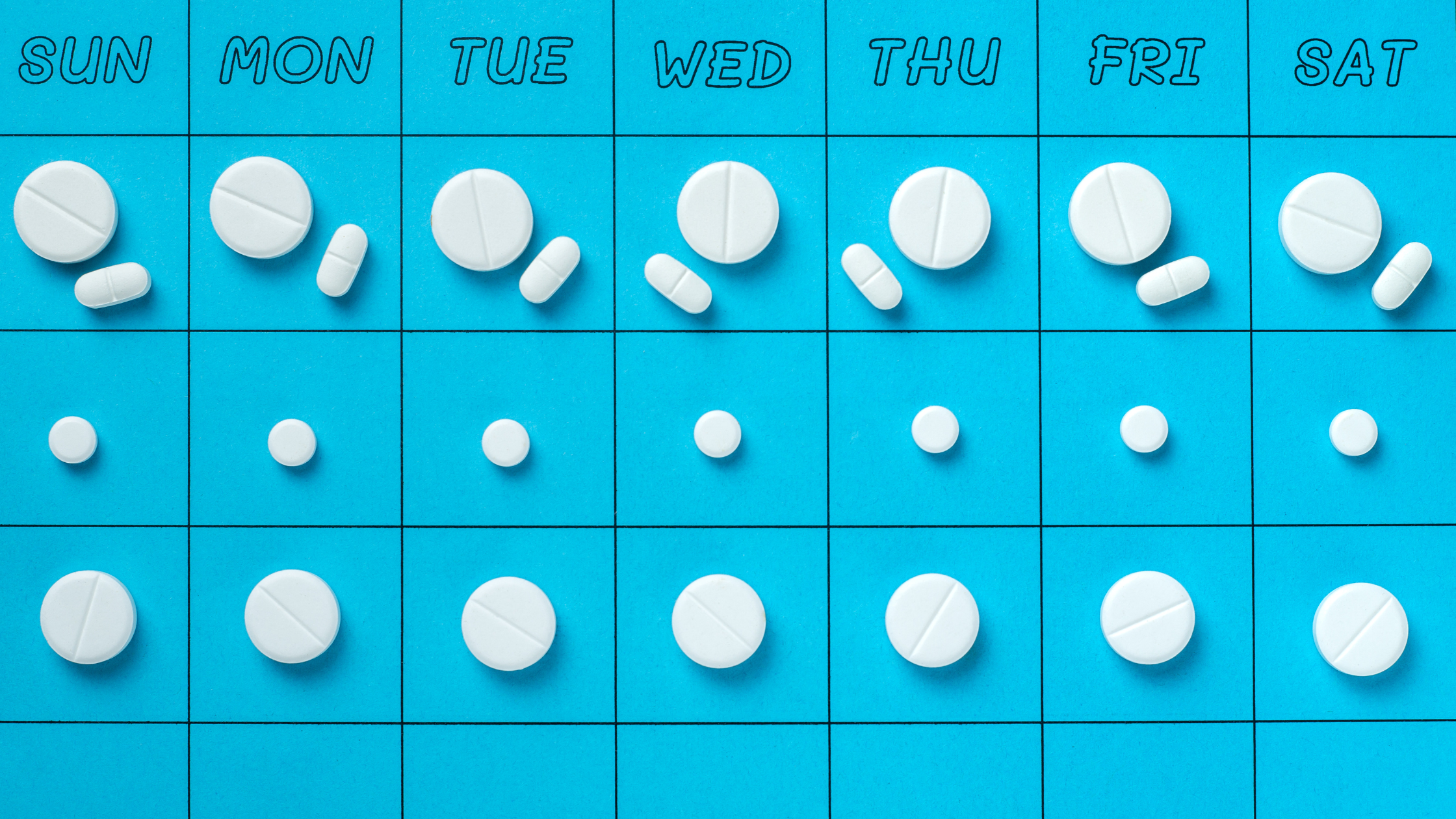
Statin drugs for managing cholesterol are a modern medical marvel, helping millions manage cholesterol, preventing serious health consequences. But for these medications to be most effective, they must be taken as a doctor prescribes. You might find your cholesterol levels aren’t improving because you’re not taking them at the right time or with the right consistency. Be sure to follow up with your doctor regularly to monitor readings and ensure your medication dosage is adjusted as needed.
10. You’re Not Taking an Effective Medication
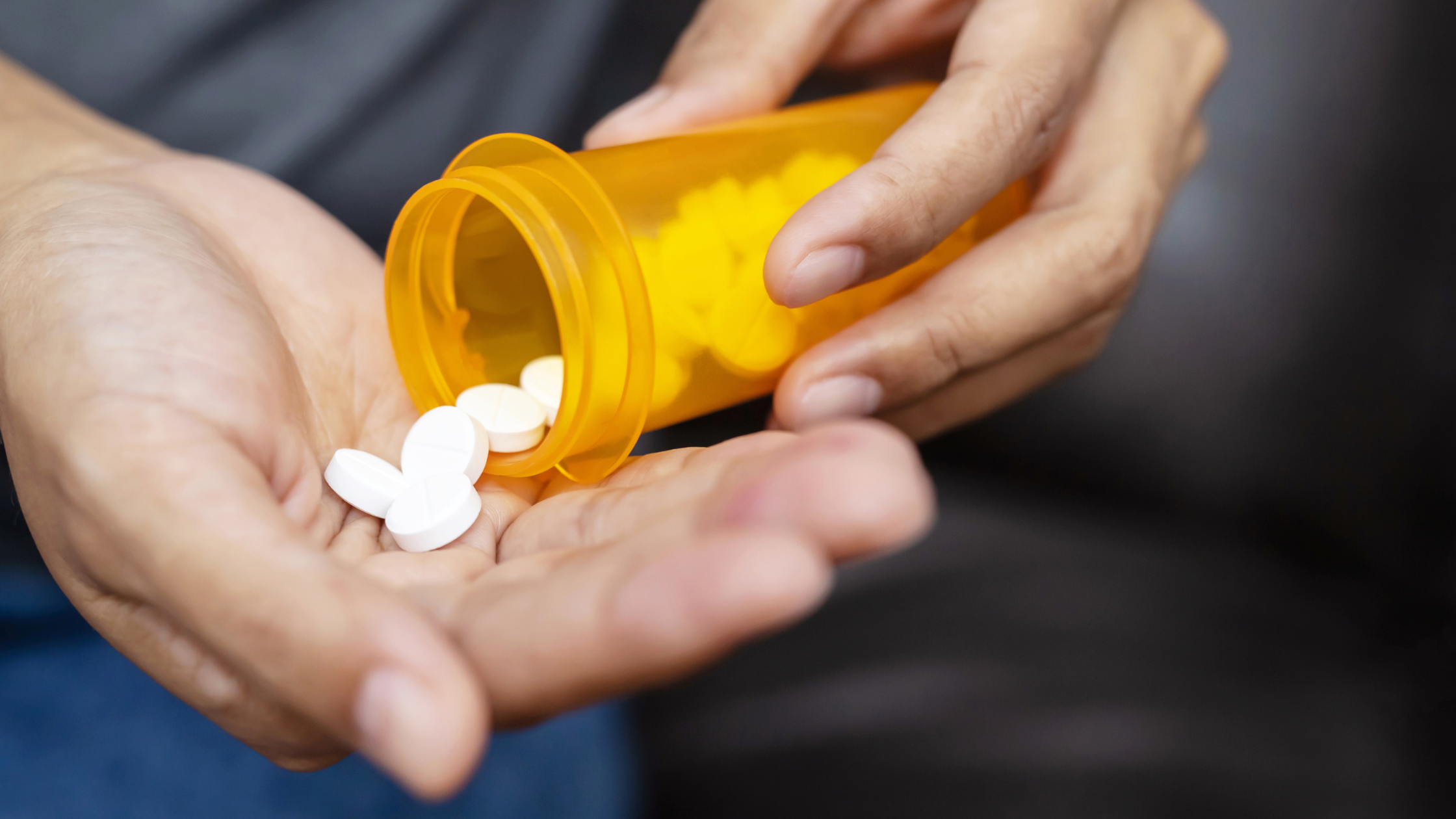
Medications work and act differently from one body to the next. Statin drugs aren’t effective for everyone. It’s possible that your body doesn’t react well to statin drugs, making them an inefficient means for lowering cholesterol. And if the side effects are too harsh or bothersome, they may keep you from maintaining a regular medication schedule. Talk to your doctor about other options if it seems statins aren’t right for you. You might try fibrates, resins, or niacin if you can’t take a statin.
11. You Need to Be More Patient
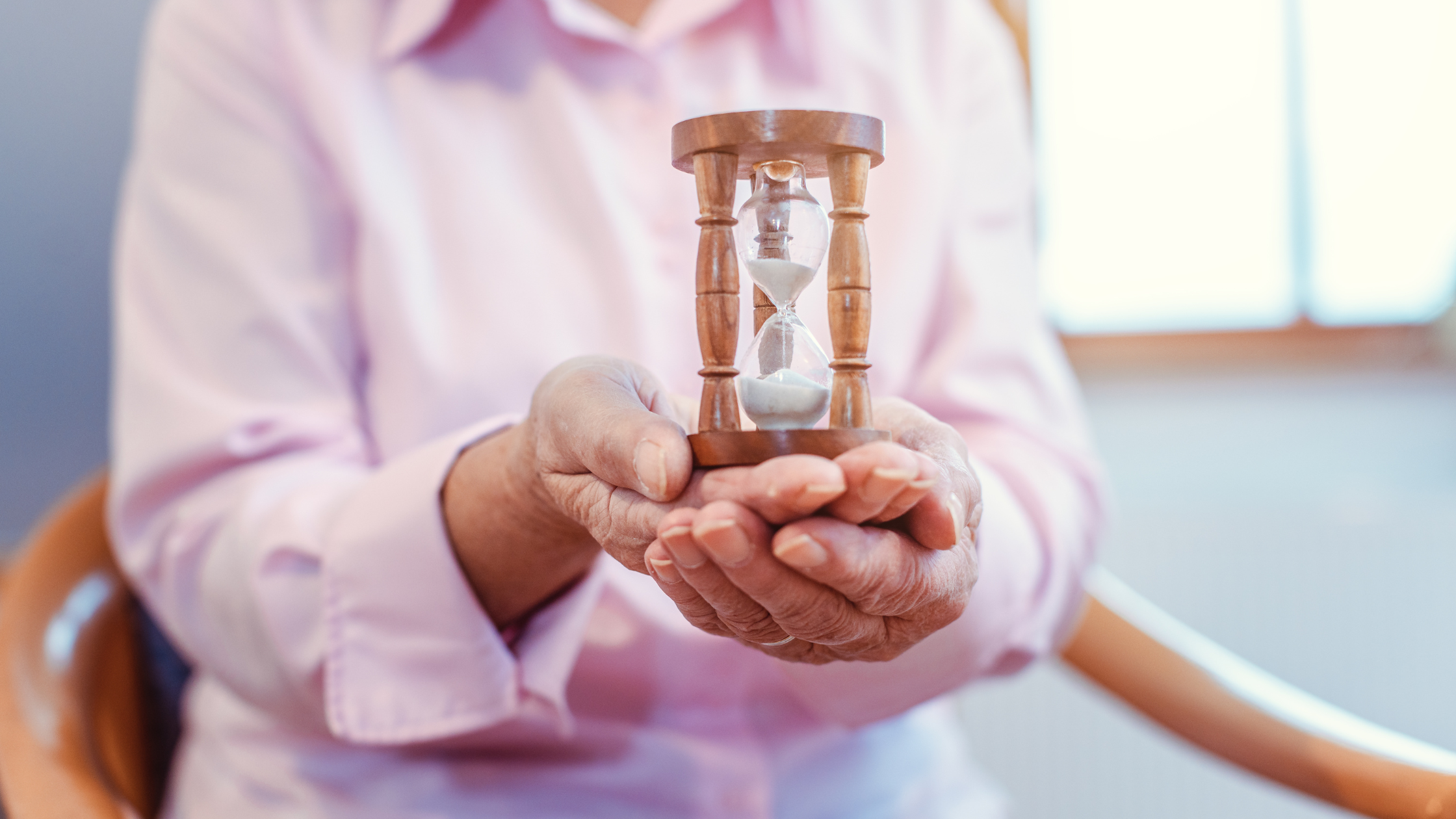
It’s also possible that you're expecting too much too soon, especially if you recently started making changes to your diet and exercise habits. Just as cholesterol tends to creep up slowly, it tends to drop slowly also. It can take months of healthier habits or a new medication before you begin to see progress. Continue to keep your follow up appointments so your doctor can monitor progress and adjust your treatment as needed.
12. You Need to Add Lifestyle Changes to Your Medication

Most people don’t successfully lower cholesterol through medication alone. If you’re only taking medication without adjusting your diet or adding regular exercise to your schedule, then this could be slowing or even halting your progress. If you quit monitoring your diet and exercising after you started medication, then it’s time to return to those healthier habits. Statins are designed to be part of the solution, not the entire solution.
The Battle for Lower Cholesterol Is Worth It
Yes, sometimes it feels like a battle as you try to get those numbers to move in the right direction. But remember that high cholesterol, although common, is a very serious condition that can lead to a host of other chronic conditions and even premature death. It’s worth it to take the necessary steps and make the changes needed to improve your health and well being. When diet and exercise aren’t enough, and you’ve pinpointed those sneaky reasons for high cholesterol, then it might be time to consider adding medication to your healthier living approach.


